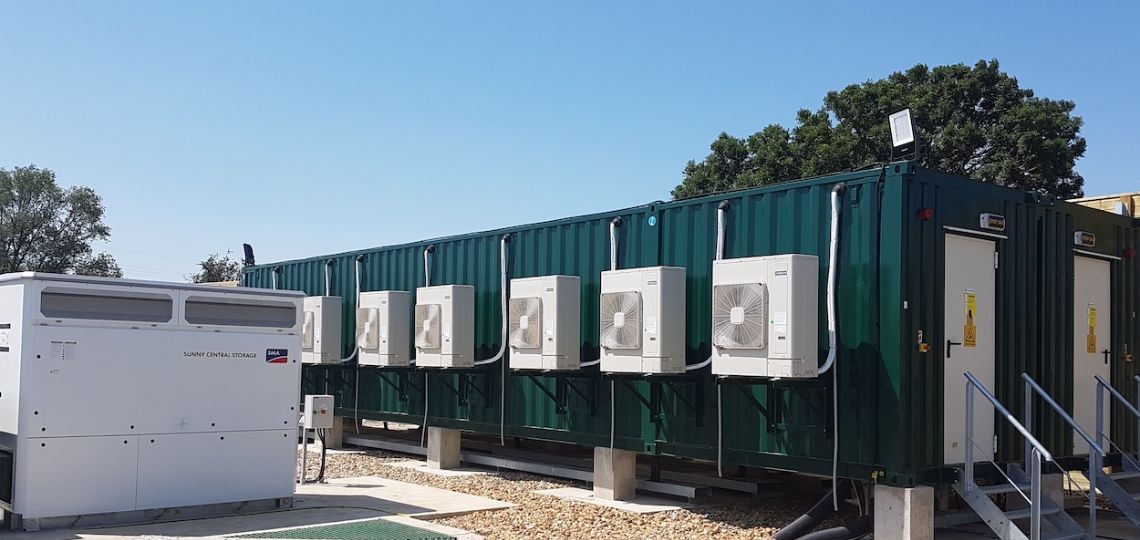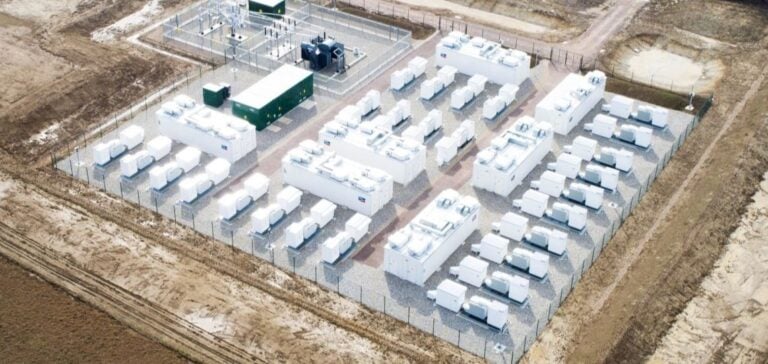The creation of storage batteries is important, particularly for the storage and development of renewable energies. Gresham House decided to purchase a 41 MW battery storage system. The latter is the UK’s operational battery storage fund.
Arenko acquires battery storage system
Gresham House purchased the plant from a group of investors led by Arenko Cleantech. The latter is a British company specializing in battery software and control platforms. As the company developed this battery storage project, it will continue to operate and optimize it after the acquisition. Gresham House fund manager Ben Guest has raised the possibility of more business with Arenko.
“We are delighted to welcome Arenko as one of our partners to support operational management and transaction optimization at Bloxwich. Arenko is one of the few innovative and technically capable operators and optimizers of energy storage systems in the market, as evidenced by their recent announcements. We look forward to working with them as the market flourishes in the UK.”
A project in Bloxwich
Commissioned in July 2019, the facility has been developed on the Bloxwich industrial estate in Walsall, West Midlands. According to the Chairman of the Gresham House Energy Storage Fund, John Leggate CBE, this project contributes to London’s and the European Union’s decarbonization objectives. In fact, this structure enables us to increase the country’s production of renewable energies.
“Bloxwich is another step forward in our ambitions to build Britain’s essential renewable energy storage infrastructure.”
A £20.1 million acquisition
This purchase represents $25 million. However, Arenko may receive additional payments, according to the newspaper Solar Power Portal. This acquisition brought the total capacity of Gresham House’s operational large-scale battery storage projects to 215 MW, according to John Leggate CBE.
“With an operational portfolio now exceeding 200 MW for the first time, we continue to make progress in executing our 2020 plan and look forward to updating our shareholders.”
A site using Arenko’s software and control platform
The site operates on the balancing mechanism markets, the European Power Exchange (EPEX) and other ancillary services. The project has also been used to provide upward and downward reserve flexibility for the UK’s National Grid.
 A major transition for Arenko
A major transition for Arenko
For Rupert Newland, CEO and founder of the Arenko Group, the sale represents a major step forward. The company specializes in software services.
“This is a transformational agreement for Arenko, as it marks our transition from asset owner to software service provider. We see batteries and other flexible assets playing a significant role in the energy transition, and believe that intelligent AI software platforms will be a crucial catalyst for unlocking value from batteries on a global scale. We look forward to working with Gresham House to help them maximize the value of their assets in the future.”
Gresham House to increase its operating capacity to 325 MW
Despite the delays caused by the coronavirus crisis, the company has developed several other sites. The Wickham Market and Thurcroft infrastructures, with a capacity of 50 MW, should be completed by the end of the third quarter of the year. The latter is built with Flexitricity. The third Glassenbury site represents 10 MW.
Last March, the company also raised £31.2 million to acquire a number of shares and sites, including the 49 MW Red Scar battery.






















